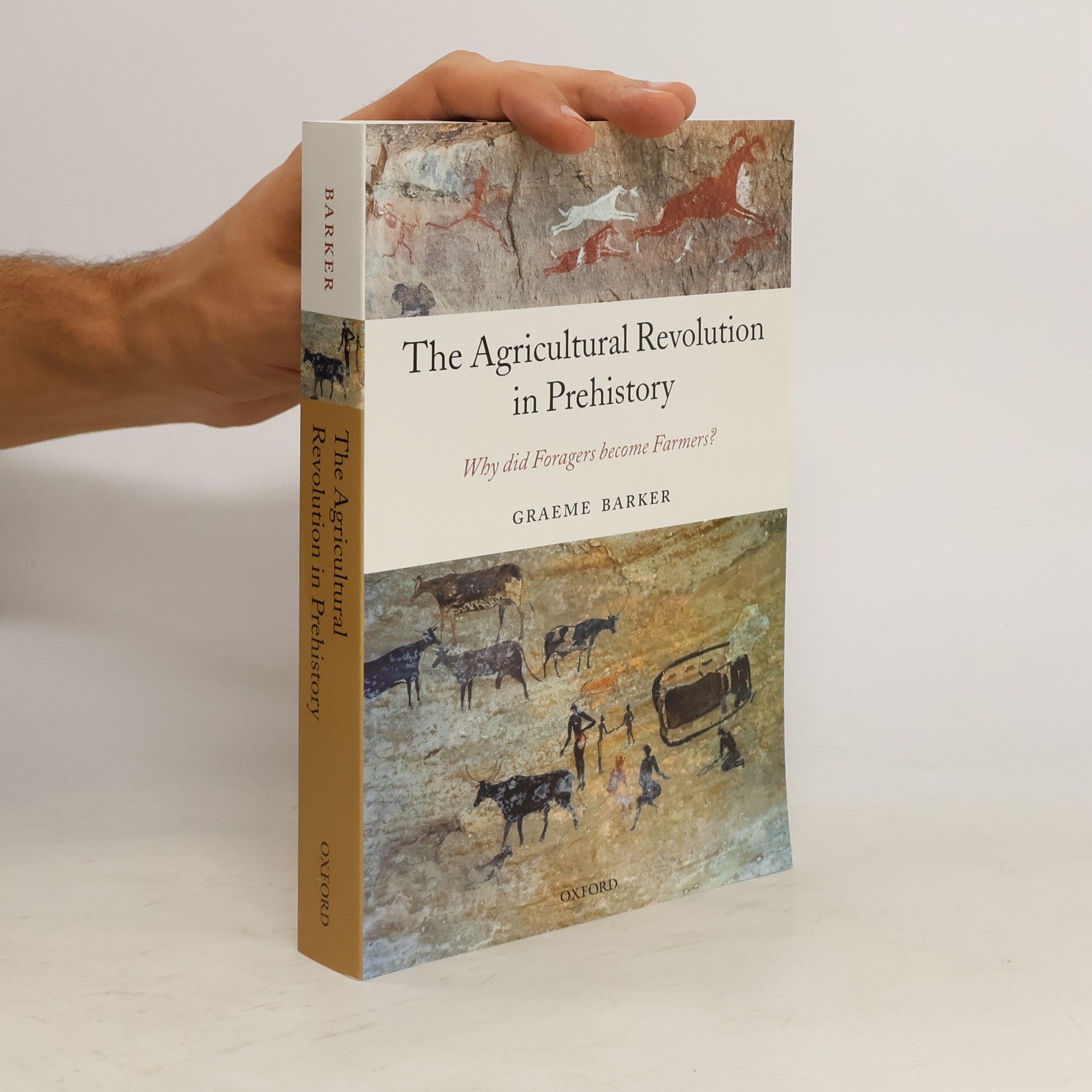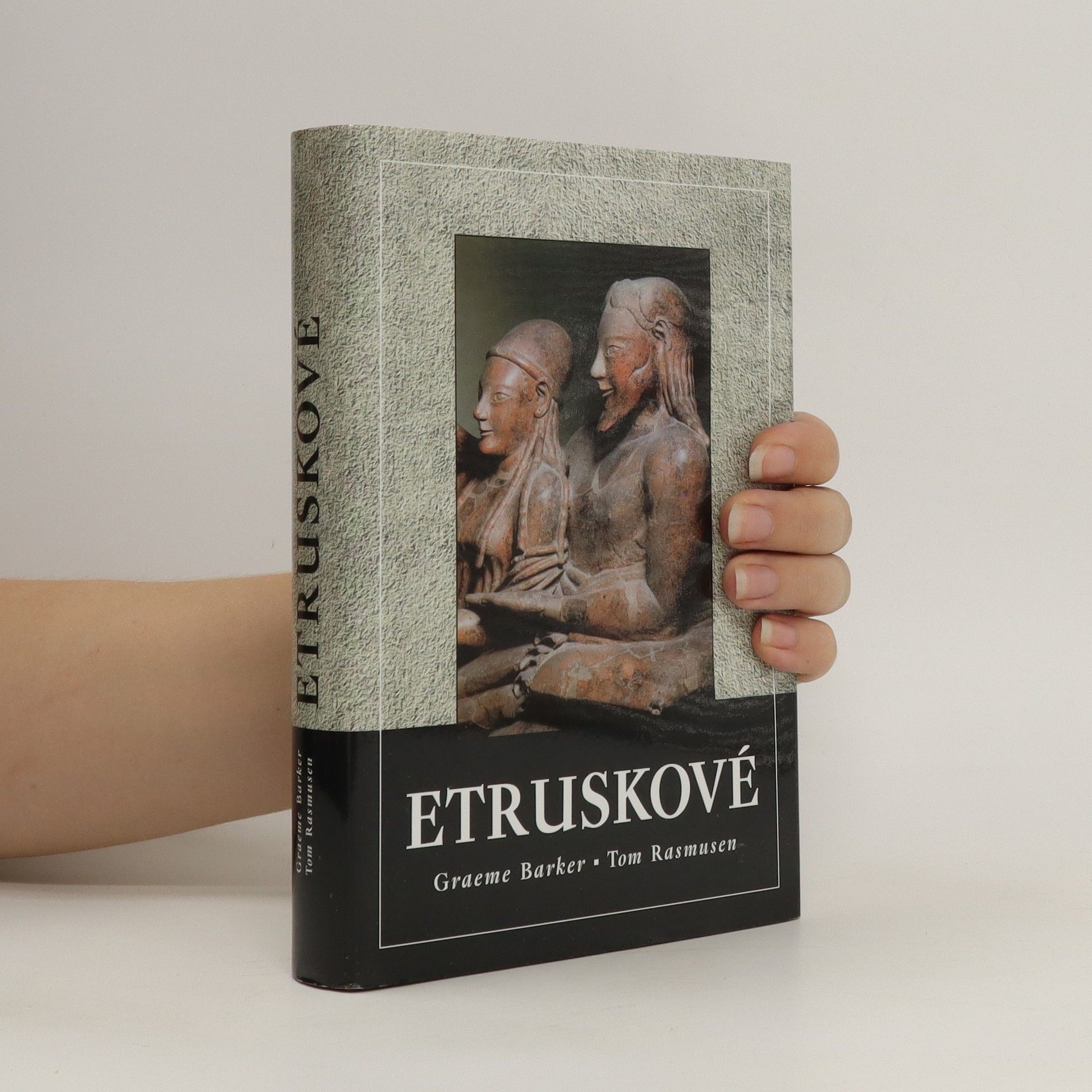Dávno zmizelý národ vynikající pozoruhodnou úrovní kultury, jehož dějiny jsou spojeny s životem na Apeninském poloostrově v 8.–4. století před naším letopočtem. Etruskům se stal osudným vznik římského impéria. Římané je postupně začlenili do své říše, bez skrupulí a respektu převzali pokročilou kulturu a postupně asimilovali její nositele. Etruskové přitahují archeology z celého světa neprobádaností, rychlostí svého zmizení i rozvinutou kulturou, která ještě zdaleka neodhalila svá tajemství. Toto je první a úplný výklad o Etruscích a jejich společnosti, která vzkvétala v Itálii před vzestupem římské republiky.
Graeme Barker Knihy
Graeme Barker je profesorem archeologie na Univerzitě v Cambridge. Jeho práce zkoumá složité vztahy mezi minulými lidskými společnostmi a jejich prostředím, a způsob, jakým se vzájemně proměnily. Barker svými výzkumy pokrývá široké spektrum lidských dějin a ekologií. Jeho přístup nabízí fascinující pohled na naši minulost a její dopady na současnost.




The Agricultural Revolution in Prehistory addresses one of the most debated and least understood revolutions in the history of our species, the change from hunting and gathering to farming. Graeme Barker takes a global view, and integrates a massive array of information from archaeology and many other disciplines, including anthropology, botany, climatology, genetics, linguistics, and zoology. Against current orthodoxy, Barker develops a strong case for the development of agricultural systems in many areas as transformations in the life-ways of the indigenous forager societies, and argues that these were as much changes in social norms and ideologies as in ways of obtaining food. With a large number of helpful line drawings and photographs as well as a comprehensive bibliography, this authoritative study will appeal to a wide general readership as well as to specialists in a variety of fields.
In the Footsteps of the Etruscans
Changing Landscapes Around Tuscania from Prehistory to Modernity
- 400 stránek
- 14 hodin čtení
Exploring the archaeology around Tuscania, this book delves into the lives of farmers and shepherds over 7,500 years, examining prehistoric settlements before Etruscan urbanization. It highlights how urbanization influenced ordinary Etruscans and the effects of Roman expansion on rural communities. The narrative also addresses the aftermath of the empire's collapse and the rise of medieval villages, illustrating the dynamic relationship between Mediterranean peoples and their landscapes throughout history.